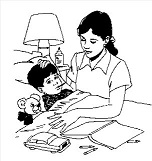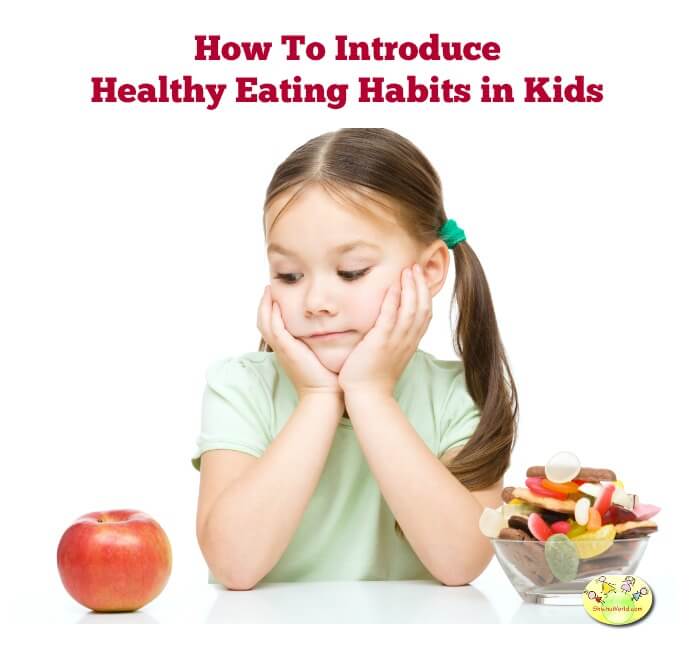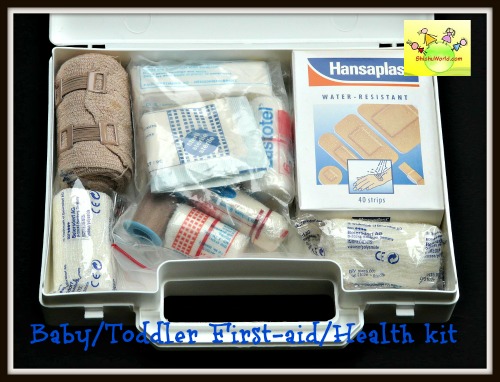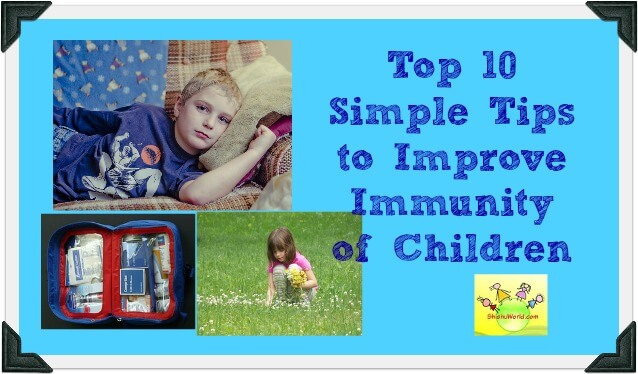As parents, it’s our duty and instinct to worry about our children, but when dealing with childhood illness, it can be difficult not to panic. We all know that children get sick a lot, particularly when they start going to school, but did you know our children’s immune systems actually continue to develop right up until their teens? This means they are more susceptible than adults, to any form of illness, from a common cold to viruses, like chicken pox or typhoid. Providing your child has access to the right vaccinations, however, means you won’t have to fret too much about serious problems.

It is important to understand that a natural part of growing up is to experience some childhood infections, in order for the body to build its own defences. This way, your child will be less prone to diseases as an adult. But how do you know when to take care of your child yourself, and when to seek out medical advice or treatment? Here is some guidance on how to monitor childhood illnesses and a few preventative measures you can take as a family.

How to deal with colds and mild infections
It’s unfortunately a fact of life that children will contract one or more of the most common viral and bacterial illnesses at some point in their young lives. The trick is learning to recognise these illnesses, and understanding that – in some cases – caring for your child at home really is the best thing you can do. Here are some of the most frequent childhood complaints:
Common cold – a virus with symptoms that include: a running nose, ear infection, sore throat, blocked sinuses, and coughing.
Influenza (flu) – a virus which is most serious for young children and presents symptoms that are similar to a cold, but it lasts longer and requires several days of bed rest.
Strep throat – tell-tale symptoms of this bacterial infection are a high fever, combined with an extremely sore throat. You child may refuse to eat or drink.
Croup – characterised by a ‘barking cough’, usually experienced by children under 6 years old.
Stomach flu – a highly contagious virus that causes diarrhoea and vomiting.
Generally, most fevers, the flu and ear infections cannot be healed with antibiotics, and must be allowed to clear up on their own. Some colds can take up to two weeks to leave your child’s system. Give your child plenty of fluids and let them rest for a few days.
Child medications – such as over-the-counter nasal decongestants and throat tablets for colds – can be soothing, but often disguise symptoms and do not help to clear them up. Suitable painkillers – like paracetamol or ibuprofen – can also be bought from your pharmacy and may be soothing too. Always check the label or ask your pharmacist for advice on the quantity you should give your child, as this varies with your child’s age and weight.
Sometimes it can be difficult to distinguish a harmless virus from a more serious infection, so be sure to consult a doctor if your child’s symptoms change, worsen, or do not disappear.

Signs you should take your child to the doctor
There are of course some occasions when immediate medical assistance should be sought. Phoning for an ambulance in busy urban areas is not always the quickest solution for getting to the emergency department, so see if you can get to the nearest hospital another way. Any of the following symptoms may be warning signs of something serious:
· A fever over 38.5 degrees
· Breathing problems
· A persistent headache
· Severe diarrhoea or vomiting, especially if containing blood
· Prolonged drowsiness or a stiff neck
· A persistent rash, in particular one that does not disappear if you roll an empty glass over the surface
It’s important to observe your child’s behaviour to determine how serious their condition is. High fevers, for example, are not always cause for concern, if they are short-lived, or if the child is still playing and acting normally.
Some helpful preventative measures for your family’s health
Getting sick is unavoidable for families, but there are a few ways to keep the germs at bay and reduce the risk of illnesses recurring in your household:
Clean Water. Make sure your child is drinking plenty of clean water that has been purified, especially in the hot summer months. Natural liquids, such as coconut water and lemon juice are also good for long-term hydration, as well as being nutritious.
Healthy food. Prevent food- and water-borne viruses, like cholera, entering your home by avoiding fruit and vegetables bought from the roadside. Reduce the amount of spice you add to your child’s meals, as this may also aggravate young digestive systems. Provide a balanced diet based on fresh ingredients and a healthy amount of fibre.
Sanitation. Ensure your child is following proper hygiene rules: washing hands after using the toilet and before they sit down to eat. Be especially vigilant about this if you hear of a virus at school, or if another family member is ill.
The most important piece of advice is not to panic! Most Indian parenting styles do not focus on trying to protect children from everything that life throws at them; they emphasise allowing children’s bodies to develop naturally. Though this means you might have to get used to dealing with a few sick days along the way, if you’re armed with a good awareness of childhood illnesses and a sensible approach to their treatment, you won’t have to rush for the phone every time you hear your child sneeze!






